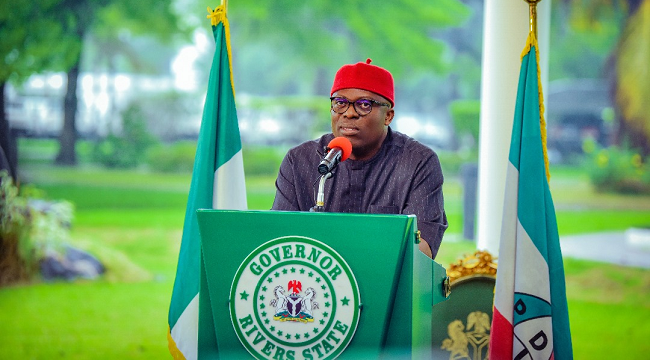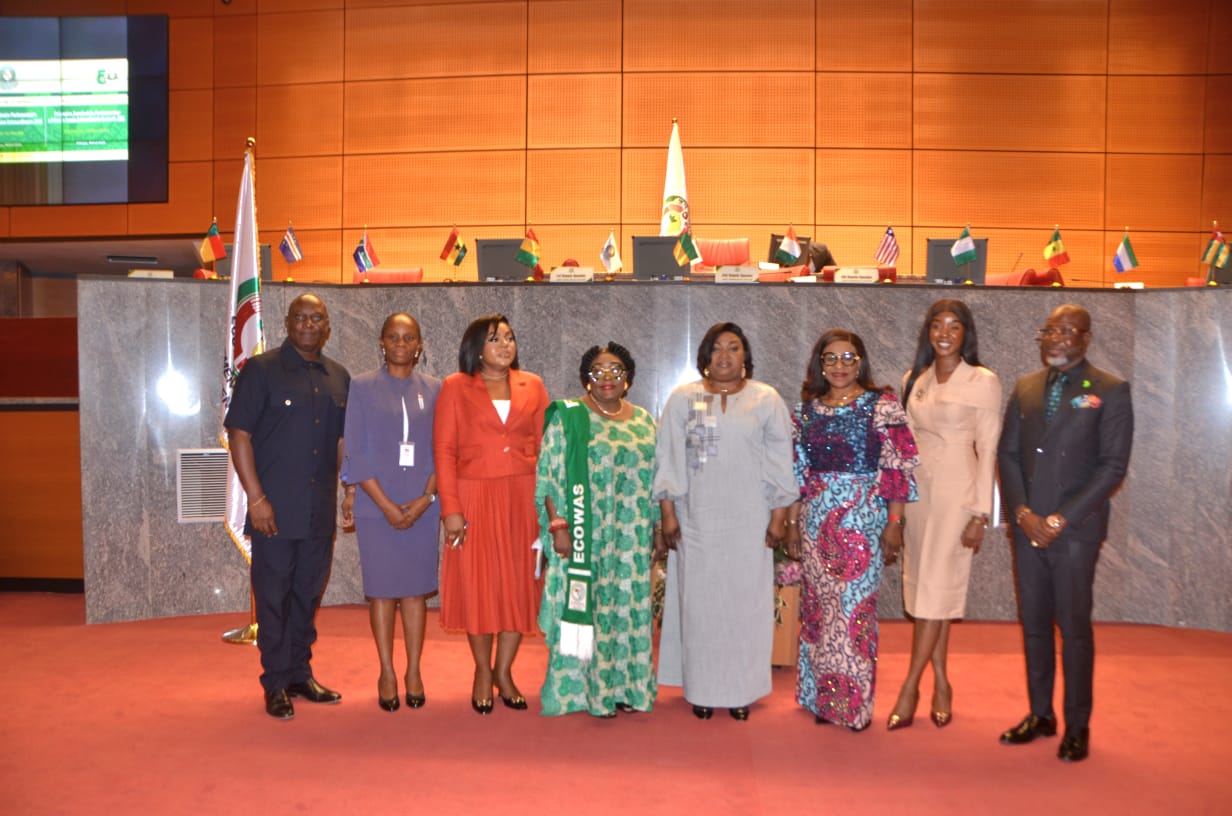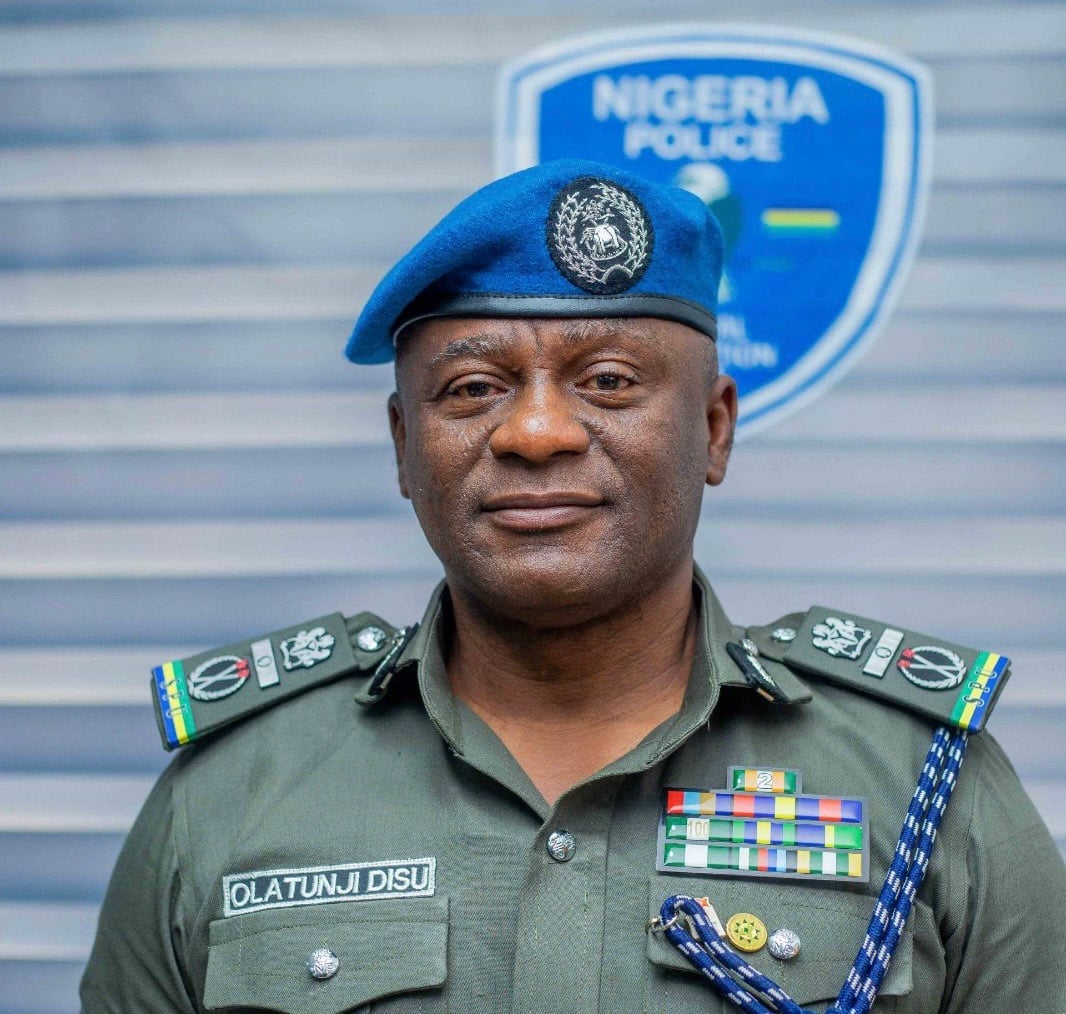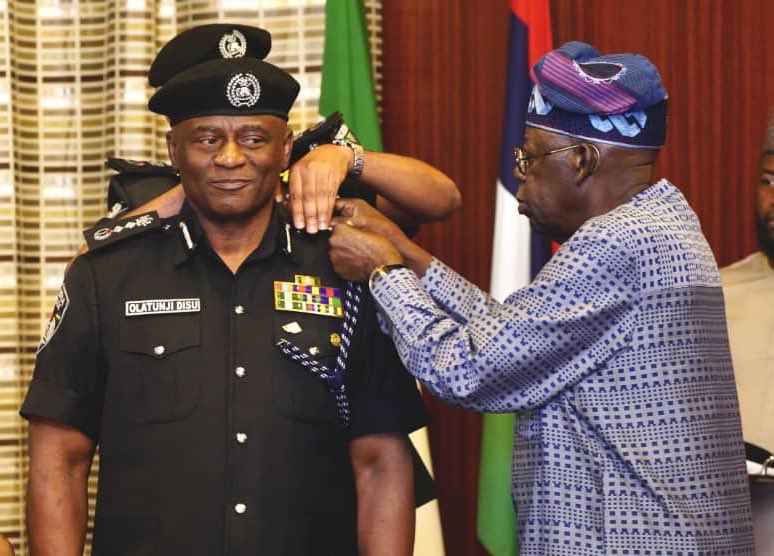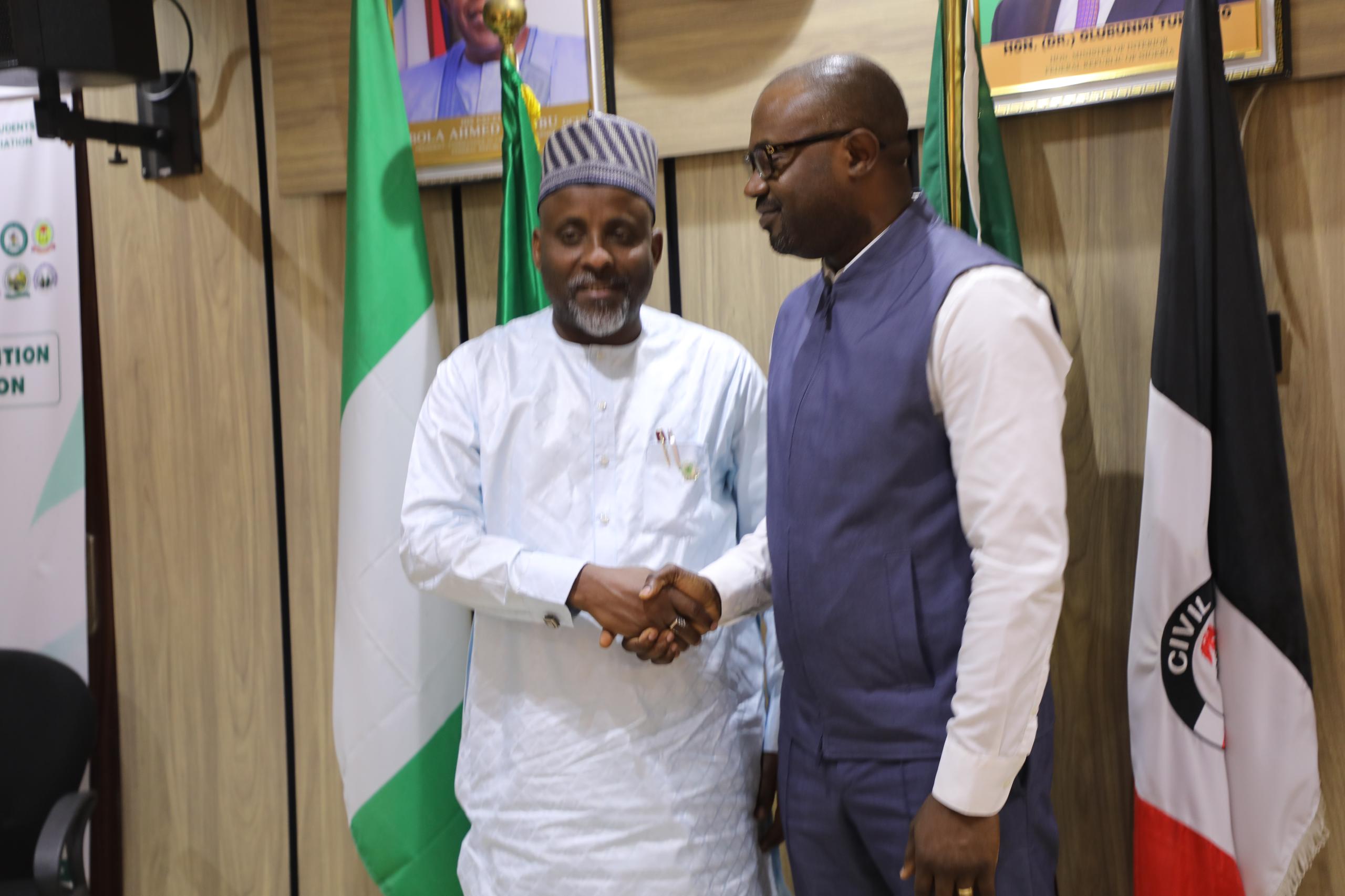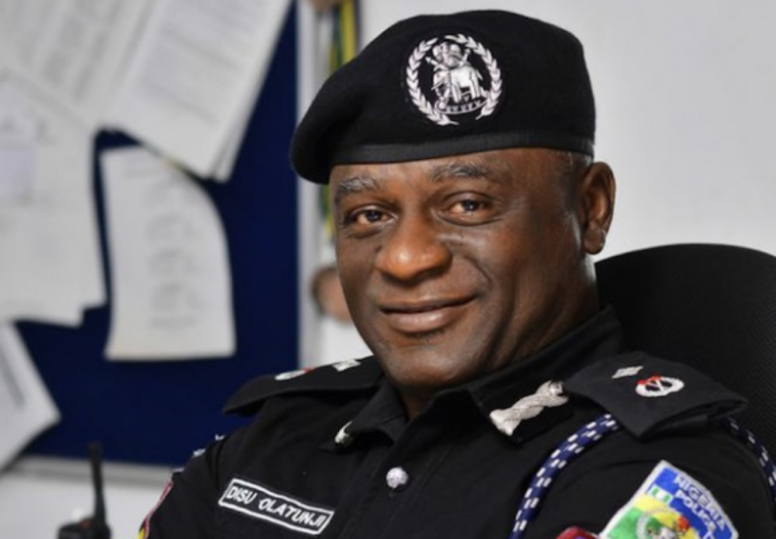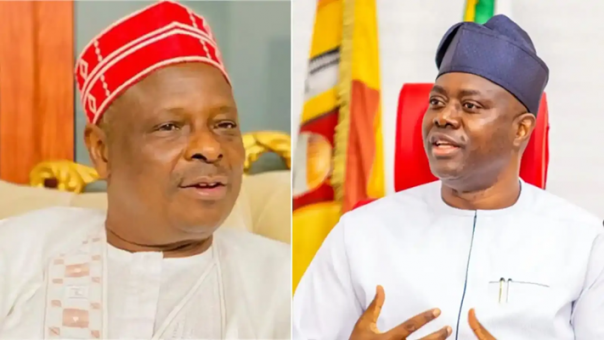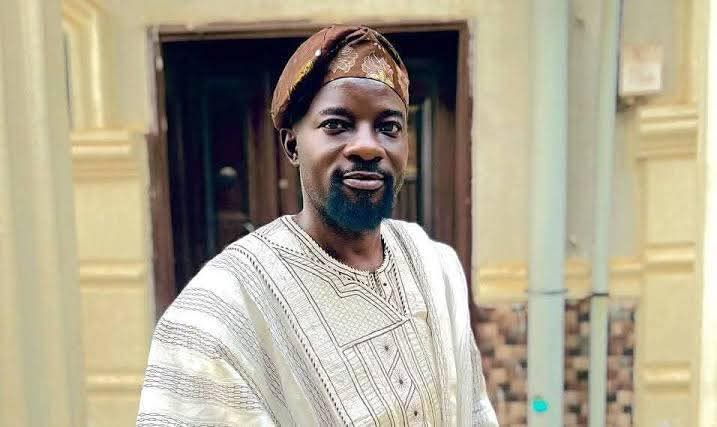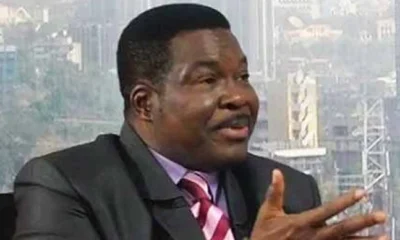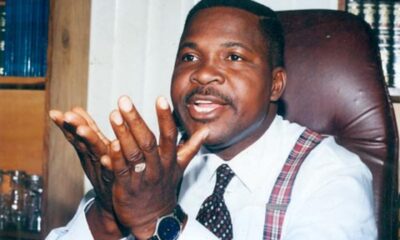News
We must make scapegoats of electoral offenders to safeguard democracy, says Ozekhome
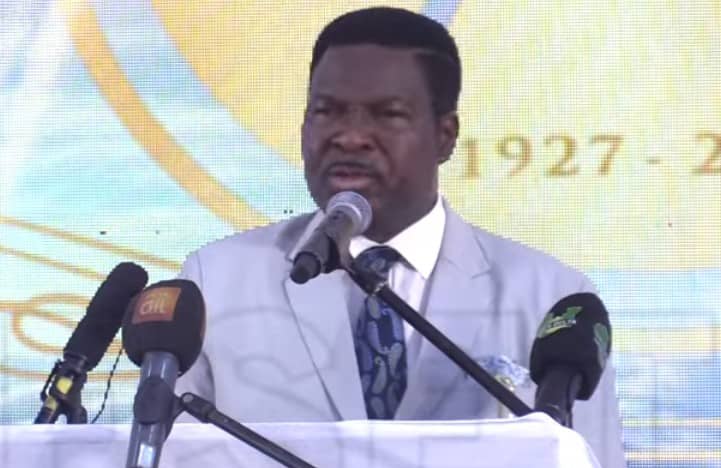
Constitutional lawyer and civil rights activist, Professor Mike Ozekhome, has stated that in preparation for the 2027 general elections, Nigerians must be ready to make scapegoats of those committing electoral fraud to safeguard the integrity of the electoral system.
Ozekhome also stressed the need for government agencies such as the Economic and Financial Crimes Commission (EFCC), Independent Corrupt Practices Commission (ICPC), the Central Bank of Nigeria (CBN), and the Securities and Exchange Commission (SEC) to be depoliticised and adequately equipped to enforce laws against corruption, financial crimes, and market abuse.
Speaking in Abuja during a lecture titled “Quest for Unity, Equity and Justice in Nigeria: Shall the Labour of Our Heroes Past Be in Vain?”, the Senior Advocate of Nigeria noted that regulatory failure among the country’s agencies has allowed looting and economic sabotage to persist unchecked for decades.
He stated: “With the 2027 elections fast approaching, the message must be unequivocal: electoral malpractices and violence, by anyone, regardless of status—should not be tolerated. The electoral umpire, INEC, must be provided with all necessary tools and more.
“All required actions must be taken. Deviant public officials should be made scapegoats. The electoral process must be sanctified, as it is the only assurance of credible outcomes.
“Technology must be fully embraced to enhance the integrity of Nigeria’s democratic process. Elections should be seen as peaceful competitions of ideas, not as battles for power.
“Both victors and those defeated must prioritise national unity, demonstrating maturity, humility, and respect for democratic outcomes. Above all, the will of the people must prevail: voters’ choices must count and determine the outcome.”
Professor Ozekhome advocated for institutionalising transformational leadership to drive inclusive national progress, highlighting that this leadership style focuses on empowering citizens as change agents, aligning sector goals with public needs, and fostering self-reliance and innovation.
He added: “Transformational leaders lead by example, oversee projects directly, and uphold transparency and accountability. They emphasise excellence in education, infrastructure, agriculture, and industry while promoting local professionals’ skills.”
Ozekhome also underscored the necessity of embracing technology, particularly in electoral processes, to improve transparency and credibility. He called on political actors to honour the spirit of democracy, treating elections as peaceful contests of ideas rather than as battles for control.
The lawyer further stressed that winners should show magnanimity in victory, while losers should be gracious in defeat, prioritising national unity over personal ambition.
According to him, Nigeria must also focus on deregulation, trade facilitation, and infrastructure investment, arguing that the heroes who fought for the nation’s freedom did not envision a country permanently dependent on foreign imports and plagued by deteriorating infrastructure.
He called for investment in agriculture, manufacturing, technology, and SMEs as a means of honouring their legacy by building a more resilient and diverse economy.
Professor Ozekhome also supported economic reforms, such as removing fuel subsidies and allowing the naira to float, as necessary steps towards economic realism, which would reduce corruption-prone spending and enable market forces to set exchange rates.
He further stressed the importance of improving education, healthcare, and vocational training, noting that Nigeria’s economic challenges are not solely policy-related but also people-centred.
The legal expert advocated for the establishment of skill acquisition centres in every Local Government Area and the removal of employment barriers that unfairly exclude young people, promoting inclusive growth and giving every Nigerian a stake in the nation’s future.
Addressing moral and spiritual decline, Ozekhome suggested a return to ethical values and the fear of God, as corruption, violence, and selfish governance reflect ethical, not just institutional, failures.
He called for the reinvestment of recovered stolen public funds into the economy, combating corruption through stronger institutions, legal accountability, and eliminating revenue leakages.
Ozekhome also emphasised youth empowerment, not just through employment but through moral reorientation and civic responsibility, warning against political thuggery and social vices while promoting discipline and national pride.
He urged support for local industries, buying Nigerian-made products, and reducing imports, while calling for state and local governments to be empowered to drive development in agriculture, SMEs, tourism, and local industries with increased fiscal autonomy and access to development finance.
According to Ozekhome, institutions such as the EFCC, ICPC, CBN, and SEC must be depoliticised and strengthened to enforce laws against corruption, financial crimes, and market abuse. He highlighted the need for transparent budget processes, including real-time tracking of allocations and expenditures, allowing citizens to access information on public fund usage.
He also advocated the creation of a National Employment Guarantee Scheme to provide temporary public works jobs to reduce unemployment and stimulate consumption while improving infrastructure.
Ozekhome suggested encouraging Nigerians abroad to invest directly in SMEs and infrastructure through transparent and secure diaspora bonds, investment clubs, and tax incentives, stating that the heroes who dreamed of a united Nigeria envisioned a borderless community.
He concluded by emphasising the urgent need to establish a credible leadership recruitment process, prioritising competence, merit, and patriotism over ethnicity, religion, and social status. He warned against glorifying ill-gotten wealth and called for a return to traditional values, where character, dignity, and integrity are paramount.
Professor Ozekhome stressed that Nigeria must evolve from being a nation of individuals to a nation of laws, where justice is not merely a slogan but an observable principle in government actions and policies.
He called for a reorientation within the armed forces, electoral institutions, law enforcement agencies, and the judiciary, insisting that they must uphold their professional calling with integrity and commitment to the nation.
-

 Feature2 days ago
Feature2 days agoBiography of Tunji Disu, the newly appointed Inspector-General of Police
-
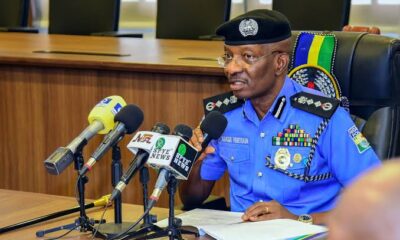
 National News2 days ago
National News2 days agoBREAKING: Tinubu removes IGP Egbetokun, names successor
-

 News2 days ago
News2 days agoNigerian Army thwarts ambush, kills five suspected Lakurawa terrorists in Kebbi
-
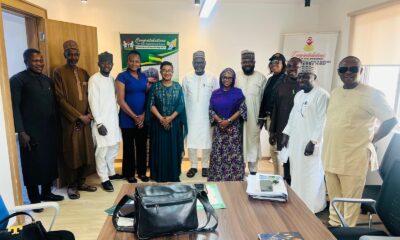
 NUJ FCT1 day ago
NUJ FCT1 day agoBREAKING: FCTA Health Mandate Secretary offers 150 free insurance slots to NUJ FCT members
-
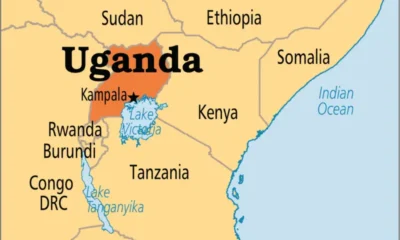
 World News2 days ago
World News2 days agoPolice arrest two women for kissing in public in Uganda
-
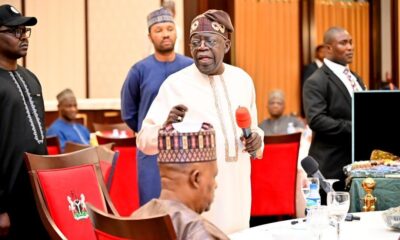
 National News2 days ago
National News2 days agoTinubu, Governors engage NLC leaders in strategic meeting
-
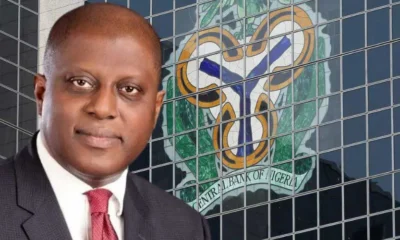
 Business2 days ago
Business2 days agoCBN eases benchmark interest rate to 26.5%
-
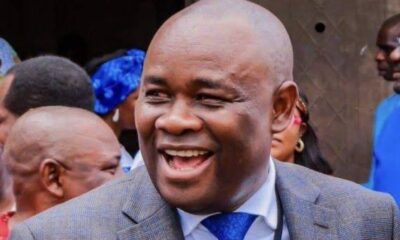
 News2 days ago
News2 days agoRCCG pastor Peter Akpe emerges Bayelsa Deputy Governor

